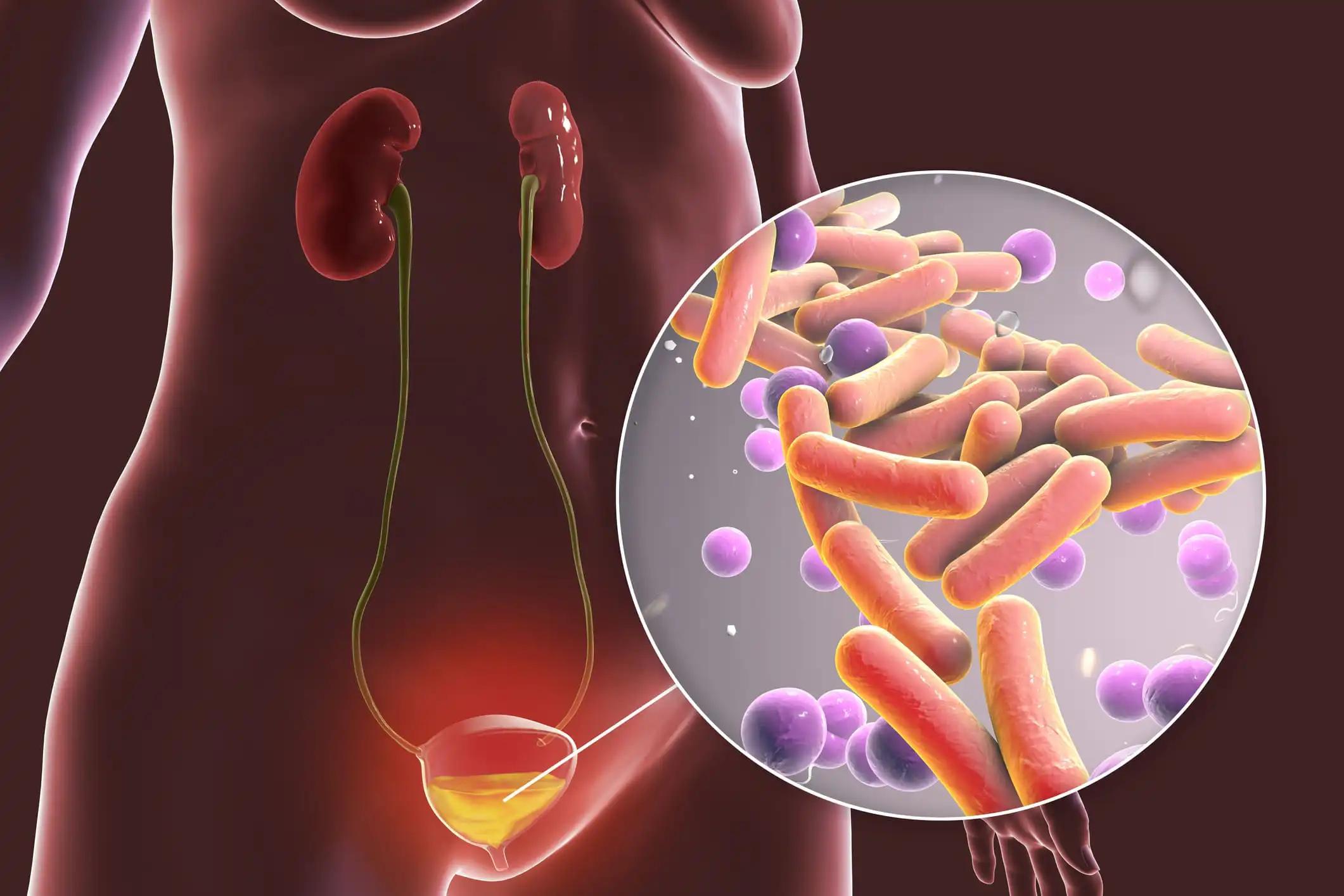KEY TAKEAWAYS
- The study aimed to evaluate perceptions of treatment outcomes in patients with mRCC and mBC, focusing on the role of optimism and QoL.
- Most patients with mRCC and mBC had inaccurate views on treatment outcomes, linked to higher QoL and optimism.
Durable complete response rates for metastatic renal cell carcinoma (mRCC) and metastatic bladder cancer (mBC) remain low despite advancements in therapy. Palliative care prioritizes life extension and improving quality of life (QoL) rather than a cure.
Hatice Bolek and the team aimed to examine how patients with mRCC and mBC perceive treatment outcomes and how QoL and optimism impact these perceptions.
Between March 15, 2023, and January 15, 2024, researchers conducted a multicenter, cross-sectional online survey targeting patients diagnosed with mRCC and mBC. The survey included structured questions assessing perceptions of disease cure, symptom improvement, daily activity performance, and life extension from treatment.
To measure optimism and QoL, the European Organization for Research and Treatment of Cancer 30.3 QoL questionnaire and the Life Orientation Test were used. The study revealed high optimism and inaccurate beliefs about cure among patients.
About 169 patients participated in the survey, with the majority rating their general health as good (72.2%) and excellent (13.6%). Patients who rated their health as good-excellent had higher median general QoL and optimism scores than those who rated it fair-poor. Overall, 85.2% of patients believed the possibility of a cure was very likely or likely.
Most participants thought treatment would relieve symptoms (30.2% very likely, 49.1% likely), improve daily activity performance (28.4% very likely, 55.6% likely), and extend life (32.5% very likely, 53.3% likely). Patients who responded very likely and likely to these questions had higher QoL and optimism scores than those who responded a little likely or not possible.
The study concluded that most patients with mRCC and mBC held inaccurate beliefs about treatment outcomes. Higher QoL and optimism were linked to greater inaccuracies in these perceptions.
Funding is provided by Roche, Novartis, BMS, Merck, AstraZeneca, Nektar, Johnson &Johnson, Lilly, Amgen, Incyte, Bayer, Yuhan, Henlius, Pfizer, Biontech, Genmab, Beigene, GSK.
Source: https://pubmed.ncbi.nlm.nih.gov/39208383/
Bolek H, Arslan C, Basaran M, et al. (2024). “Perceptions and Expectations: A Study on Prognostic Perception and Quality of Life in Patients With Metastatic Renal and Bladder Cancer.” JCO Glob Oncol. 2024;10:e2400201. doi:10.1200/GO.24.00201



